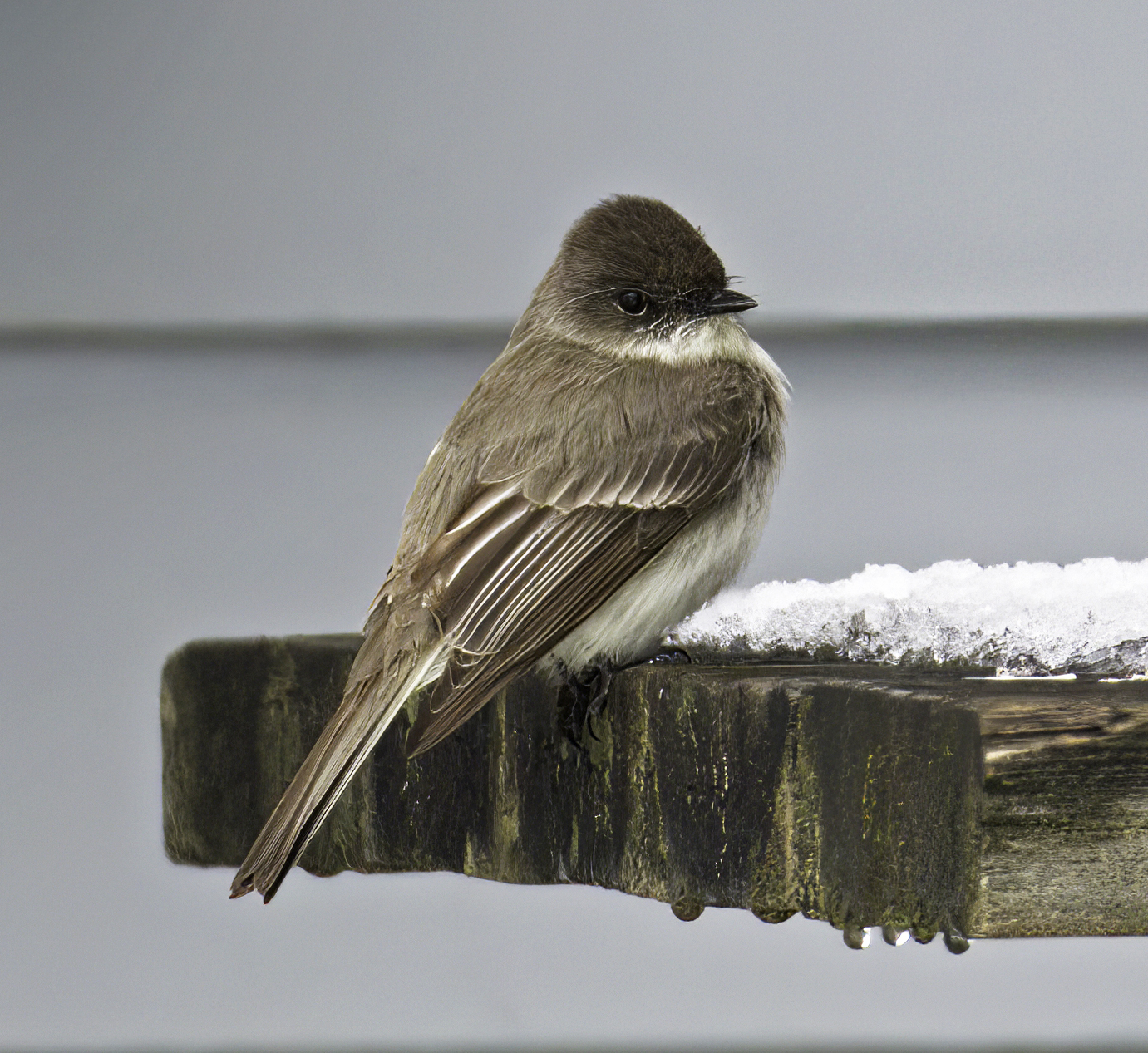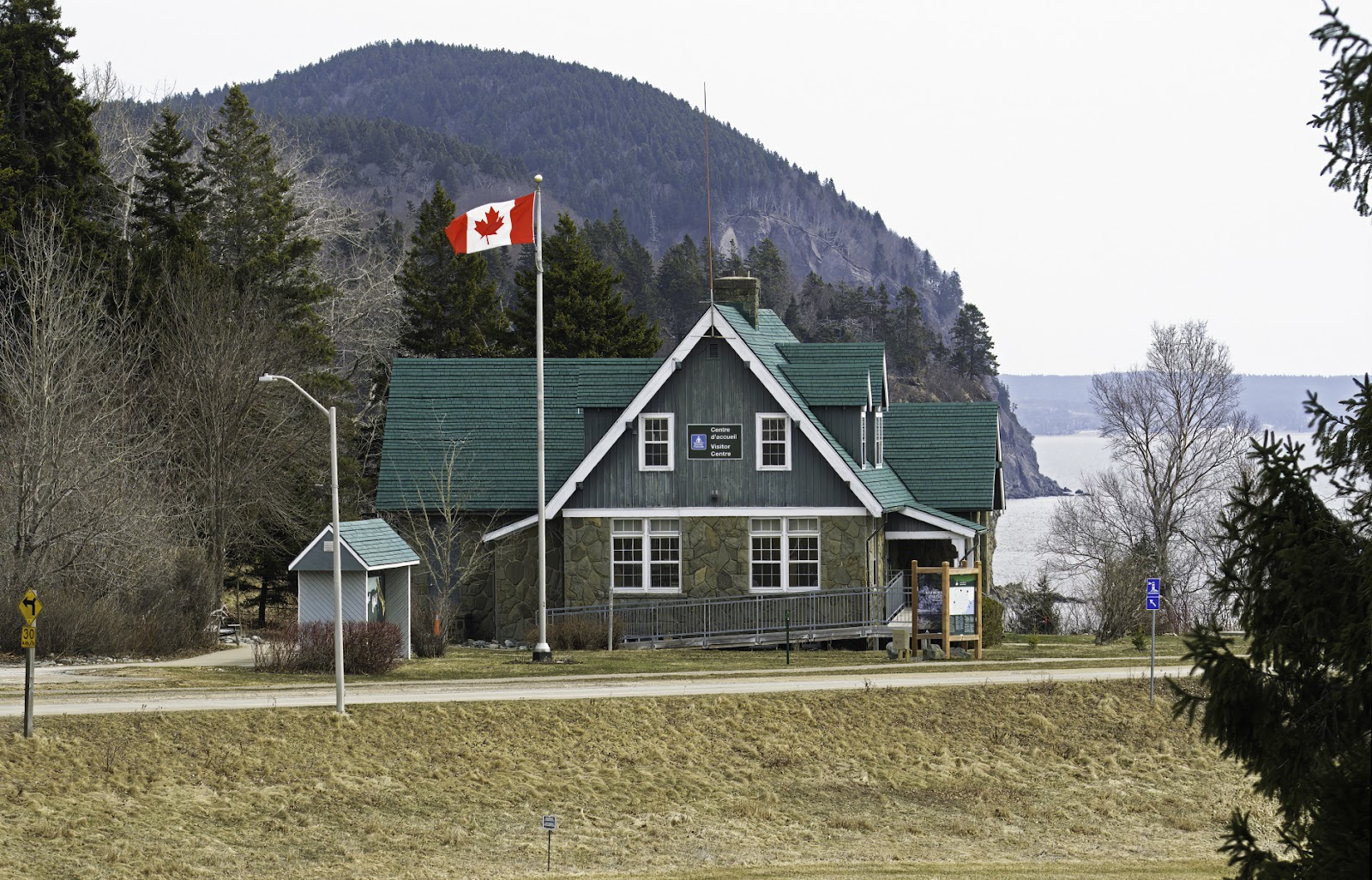NATURE
MONCTON NATURE NEWS
April 12, 2025
Nature Moncton members, as
well as any naturalist in New Brunswick or beyond, are invited to share
their photos and descriptions of recent nature sightings to build a fresh
(almost) daily edition of Nature News
To
respond by e-mail, please address your message to the information line
editor, nelsonpoirier435@gmail.com .
Please
advise the editor at nelsonpoirier435@gmail.com and the proofreader
Louise Nichols at Nicholsl@eastlink.ca if
any errors are noted in wording or photo labelling.
For more information on Nature Moncton, check the website at www.naturemoncton.com
Proofreading
courtesy of Louise Nichols nicholsl@eastlink.ca
To
view the live feed of the Peregrine Falcon nest cam on the summit of Assumption
Place in Moncton, go to:
**As of Friday, our peregrine falcon couple has
a nest cargo of 3 eggs, and there is a lot of coming and going, giving the
Webcam a lot of activity!
**The Inman’s in Harvey have watched the rusty blackbirds that spent the winter change their plumage, getting a photograph of each gender. A few northern flickers have passed through, and one found the suet feeder.
John also photographed a male evening grosbeak and
a male brown-headed cowbird on the feeders.
**Dick Bissett in Lower Coverdale shares a few
interesting observations on Thursday.
There has been a Bald Eagle nest at the edge of
his property in a large white pine tree situated at the juncture of the
Petitcodiac River and Mud Creek. For some reason, they are not using that nest
this year but have constructed a new one in a nearby white pine tree.
The potentially interesting reason Dick was exploring
that area of his property was seeing 5 large birds walking along the edge of
the field by the river that he very strong suspects were turkeys as he
felt he saw one fanning the tail feathers, they were larger than ring-necked
pheasants, and the general shape was consistent with turkey. He was unable to
get a photo to confirm what he saw. However, folks in the Lower Coverdale area
can be on the watch for a possible group of feral turkeys.
While investigating the area, Dick spotted a groundhog
surveying its surroundings and did get a photo.
**Jane LeBlanc had a small flock of evening grosbeaks
visit her St. Martins yard the last few days.
(Editor’s note: There would seem to be an increase of reports
of feeder yards being visited by evening grosbeaks in recent days. One would
wonder if the larger flocks are breaking up into smaller ones.)
**Pat Gibbs comments, “Spring must officially be here at
long last because her resident male ring-necked pheasant has, at last,
started to crow.
Last year, he appeared to be the runt of the brood and
was leaner and smaller than all the other males from that group. By
winter, all the others, males and females, had moved away to find new
territories, but this one seemed determined to stay and skittered around the
fringes, sneaking food whenever "daddy" wasn't looking.
Sometime over the winter, "daddy" must have gone somewhere else, so
now just the runt is left. Up to 2 or 3 weeks ago, he still seemed gaunt
and small, but suddenly, he now seems
beefier and larger. Given how skittish he is compared to
"daddy" and some of the others in the same brood, Pat didn't expect
great things from him, but suddenly, in the last two days, he has started to
crow. It isn't impressive yet, but Pat now has hopes that he may attract
a female. She is not sure if it will happen in time for eggs for this year,
but the future is looking up for this runt.”
**Brian Stone went for an outing in Fundy National Park
on Friday with family but found the trails still snow and ice packed so not
much hiking took place, but the picnic still definitely happened. At Wolfe Lake,
he photographed one of the several Canada geese present walking along
the frozen edge of the lake. At the other end of the park, at McLaren Pond, he
took a few pictures of some of the song sparrows hanging out along the
edge of the pond. At Bennett Lake, Brian was lucky enough to get an audience
with a pair of eastern phoebes that were perching in different spots on
buildings and signposts near the entrance to the lake.
(Editor’s note: the ‘tail flipping’ Eastern Phoebe is
normally one of the first flycatchers to join us in spring, often searching for
insects under the eaves of buildings.)
Nelson Poirier.
Nature Moncton












